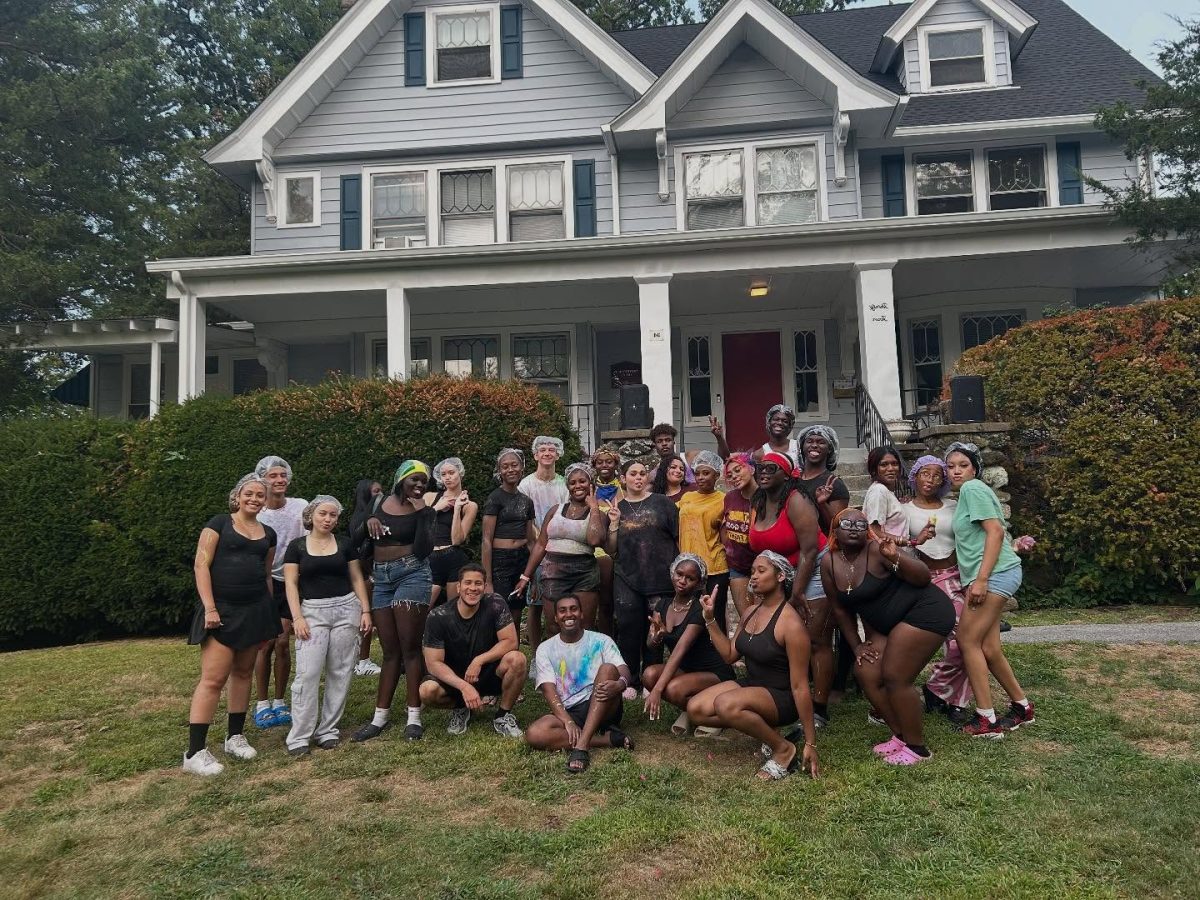As we enter the month of February associated with love and affection, it is crucial to turn our attention to an issue that affects far too many individuals: dating violence. February is Dating Violence Awareness Month, an opportunity for us to shed light on the signs of abusive relationships and raise awareness about the resources available to combat this issue.
Understanding Dating Violence
Dating violence encompasses a range of abusive behaviors that one partner uses to exert power and control over the other in a dating or romantic relationship. It is not limited to physical violence but can also involve emotional, verbal, and digital abuse. Awareness is the first step towards prevention, so let’s explore some red flags and signs of dating violence:
Red Flags
Excessive Jealousy: Constant accusations or possessiveness.
Isolation: Attempting to control who you see, where you go, or what you do.
Emotional Manipulation: Using guilt, intimidation, or threats to gain control.
Verbal Abuse: Insults, name-calling, or belittling comments.
Physical Violence: Any form of physical harm or threats of violence.
Digital Abuse: Monitoring social media, controlling online activities, or cyberbullying.
Signs of an Abusive Relationship
Fear: Feeling afraid of your partner’s reactions or behaviors.
Isolation: Withdrawing from friends and family due to your partner’s demands.
Low Self-Esteem: Feeling consistently belittled or unworthy.
Excusing Behavior: Making excuses for your partner’s actions or justifying their behavior.
Controlled Finances: Limited access to money or financial resources.
Know if You Are in an Abusive Relationship
Trust Your Instincts: If something feels wrong, it likely is.
Seek Support: Talk to friends, family, or a counselor about your concerns.
Document Incidents: Keep a record of abusive behaviors, including dates and descriptions.
Create a Safety Plan: Identify safe spaces and ways to leave if necessary.
Statistics
Dating violence is more prevalent than we may realize, affecting individuals across demographics. According to the National Coalition Against Domestic Violence (NCADV), nearly 1 in 3 college students report experiencing dating violence. These statistics emphasize the urgency of addressing the issue and supporting those affected.
Resources for Iona Students
If you or someone you know is experiencing dating violence, there are resources available on campus and off campus:
On Campus Resources
Iona Counseling Center: Confidential support and guidance for students.
Location: Spellman Hall, second floor.
Phone Number: (914) 633-2038.
Operating Hours: Monday through Friday, 9 a.m. – 5 p.m.
Title IX Coordinator
Location: McSpedon Hall, second floor.
Phone Number: (914) 633-2455.
Operating Hours: Monday through Friday, 9 a.m. – 5 p.m.
Campus Safety
24-Hour Line: (914) 633-2560
Location: LaPenta Student Union, second floor.
Phone Number: (914) 633-2245.
Operating Hours: 8:30 a.m. – 4:30 p.m.
Off Campus Resources
National Domestic Violence Hotline: Call 1-800-799-SAFE (7233) or chat online for immediate assistance.
Love Is Respect: Text “LOVEIS” to 22522 or call 1-866-331-9474 for confidential support. Visit their website at loveisrespect.org.
WestCOP Victim Assistance Services: Call 1.855.VAS.CALL. Visit their website at westcop.org.
SAAVE: Toll-free hotline at (833) 220-2444. Visit their website at wmchealthsaave.org.
The LOFT LGBTQ+ Community Center: Call (914) 948-2932. Visit their website at loftgaycenter.org.
This February let’s actively participate in Dating Violence Awareness Month by educating ourselves and our peers. Join us at our information tables, #LOVELIKETHAT this week from Tuesday, February 13 to Thursday, February 15, and next week from Tuesday, February 20 to Thursday, February 22. By fostering a culture of awareness and support, we contribute to the creation of healthy, respectful relationships for everyone on campus.
Remember, your safety and well-being are paramount, and help is available for those who need it.



